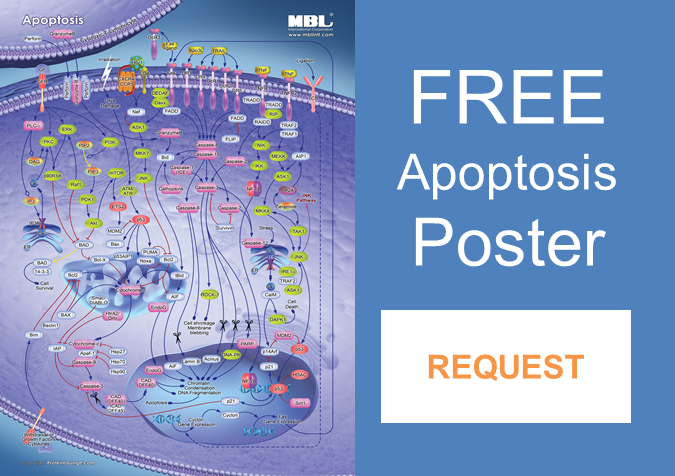As discussed in two prior blog posts, PCSK9 has primarily been studied for its role in regulating cholesterol levels and as a target for treatments to lower cholesterol. However, PCSK9 has been found to be involved in many other important pathways.
This blog post will catch you up on the latest research into the diverse functions of PCSK9.
Brain Functions
PCSK9 has been found to be upregulated in apoptosis in the brain(1). Apoptosis is a type of programmed cell death that involves fragmentation of DNA and shrinkage of the cytoplasm and nucleus among other cellular changes. PCSK9 is thought to interact with cellular receptors called VLDR and ApoER which are involved in activating apoptosis in the brain(2).
Although controversial and still in the early stages of study, research has explored a relationship between PCSK9 and Alzheimer’s disease(3). PCSK9 may play a role in the development of beta-amyloid plaques, one of the hallmarks of Alzheimer’s disease.
Pancreatic Functions
In experiments with mice that had genes encoding PCSK9 inactivated, insulin levels in the pancreas were lower. The lower insulin levels led to lower tolerance of glucose and hyperglycemia(4). Hyperglycemia is a disease where blood sugar is very high, a hallmark of diabetes(5).
Small Intestine Functions
PCSK9 has been found to promote the synthesis of ApoB lipoproteins in the small intestine(6). ApoB lipoproteins are involved in a pathway that increases triglyceride storage and lowers triglyceride absorption(3). High level of triglycerides can lead to coronary artery disease(7).
PCSK9 Products from MBLI
To further study the role of PCSK9 in these pathways, MBL International offers a variety of products to meet your research needs including PCSK9 antibodies and PCSK9 ELISA kits. Our PCSK9 ELISA kits can be used to measure levels of PCSK9.
- Human PCSK9 ELISA Kit
- PCSK9-cIAP1 in vitro Binding Assay Kit
- Mouse/Rat PCSK9 ELISA Kit
- Anti-PCSK9 (Human) mAb Application: IPP, WB
- Seidah NG, Benjannet S, Wickham L, et al. The secretory proprotein convertase neural apoptosis-regulated convertase 1 (NARC-1): liver regeneration and neuronal differentiation. Proc Natl Acad Sci USA. 2003;100(3):928-33.
- Kysenius K, Muggalla P, Mätlik K, Arumäe U, Huttunen HJ. PCSK9 regulates neuronal apoptosis by adjusting ApoER2 levels and signaling. Cell Mol Life Sci. 2012;69(11):1903-16.
- Schulz R, Schlüter KD, Laufs U. Molecular and cellular function of the proprotein convertase subtilisin/kexin type 9 (PCSK9). Basic Res Cardiol. 2015;110(2):4.
- Mbikay M, Sirois F, Mayne J, et al. PCSK9-deficient mice exhibit impaired glucose tolerance and pancreatic islet abnormalities. FEBS Lett. 2010;584(4):701-6.
- Mayo Clinic Staff, Hyperglycemia in Diabetes April 2015
- Rashid S, Tavori H, Brown PE, et al. Proprotein convertase subtilisin kexin type 9 promotes intestinal overproduction of triglyceride-rich apolipoprotein B lipoproteins through both low-density lipoprotein receptor-dependent and -independent mechanisms. Circulation. 2014;130(5):431-41.
- Berglund L, Brunzell JD, Goldberg AC, et al. Evaluation and treatment of hypertriglyceridemia: an Endocrine Society clinical practice guideline. J Clin Endocrinol Metab. 2012;97(9):2969-89.

